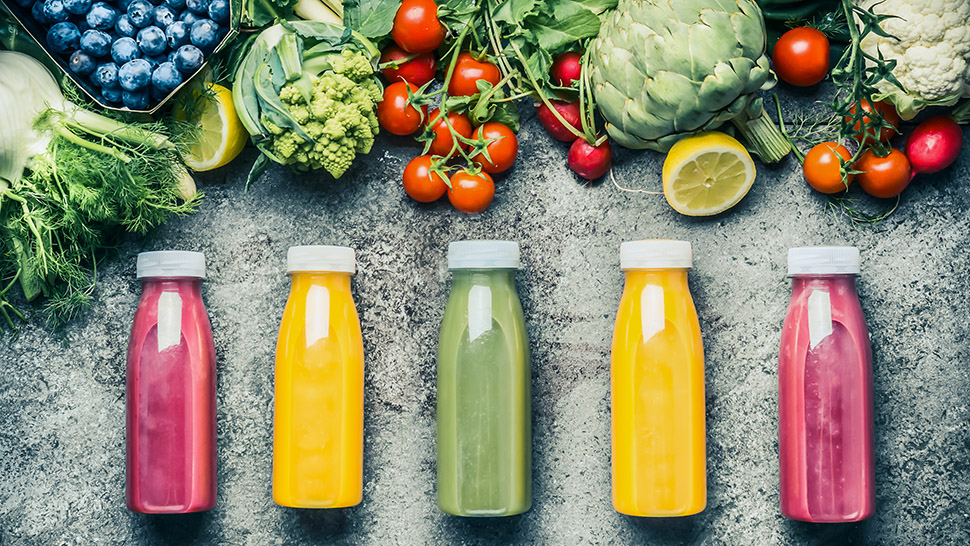
What’s the buzz?
Are wacky flavored waters bad for your health?
What does the science say?
Move over coconut water, there’s a new group of trendy beverages in town. Made from plants — fruits, vegetables, and even trees —“new” flavored waters such as aloe, cactus, watermelon, and even maple, birch, bamboo, and artichoke are hitting the shelves with a splash. These waters claim not only to quench your thirst, but also to provide nutrients and electrolytes.
Before you shell out a pretty penny for these fancy waters, know this: they may not be any better for you than, or even as good as, plain water. While it’s true that these waters provide different vitamins, minerals, antioxidants, and electrolytes that may assist in hydration, the amount remaining after processing is often negligible. In addition, these waters often contain sugar, which can actually be dehydrating. For example, watermelon (the whole fruit) is a good source of potassium and vitamins A and C…if consumed whole. However, after processing the fruit into a “water,” a 1-cup serving provides only a fraction of the vitamin A and double the sugar as a 1-cup serving of the fruit.
Some waters do provide a dose of electrolytes like potassium and sodium, which play an important role in maintaining hydration, particularly if you are sweating a lot either from exercise or just spending time outside in the heat of the summer. Sodium is the main electrolyte of concern when it comes to sweat losses, but most of these alternative waters don’t offer enough to make a difference.
For example, most sports drinks provide around 110 milligrams of sodium per 8-ounce serving, which contribute to the nearly 750-1,000 mg of sodium athletes should replace for each hour of vigorous exercise. However, plant waters that are marketed as electrolyte-replacement sports drinks — like maple water — only provide around 10 mg per cup, while some provide none at all. While most people get enough sodium in their diet, very active people or heavy sweaters should consider an electrolyte tab or sports drink instead of these alternative waters during vigorous exercise lasting more than 60 minutes. If you’re looking to pump up your potassium intake — something many people can benefit from — foods like avocado, bananas, sweet potatoes, and dates are a much better source than these alternative waters.
What’s the takeaway?
Enjoying the occasional bottle of watermelon or aloe water can be a nice way to switch up your beverage routine, just as long as you realize that these alternative waters may not be as hydrating as tried-and-true H2O and probably don’t provide all the benefits claimed by the labels. Look for the lower-sugar options when choosing plant-based waters, and get creative with them by using as a base for smoothies or even frozen into popsicles for a refreshing, flavored treat!
Read on for more information about healthy hydration here.